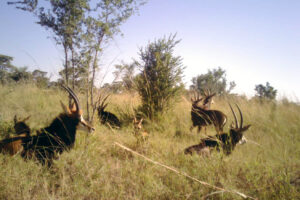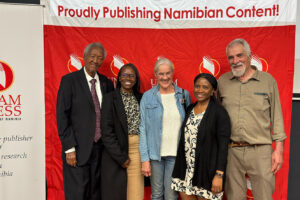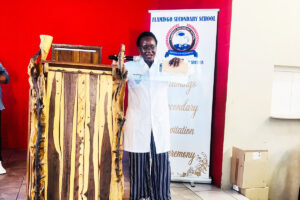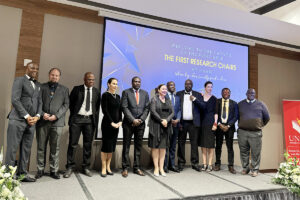A Global Hub for Hands-On Learning and Cultural Exchange
The University of Namibia (UNAM) is continuing to make significant strides in internationalisation, creating a vibrant environment buzzing with elective study opportunities for students from around the globe.
One of the standout successes is UNAM’s elective study efforts at the School of Medicine, in the Faculty of Health Sciences & Veterinary Medicine, highlighting the global recognition of the School’s academic standards and its appeal as a destination for medical training.
In the first semester of 2024, the School hosted 8 international students for elective studies, with durations ranging from 8 weeks to 4 months. These students come from notable universities across Germany, including the University of Tübingen, University of Giessen, University of Göttingen, and the University of Gießen.
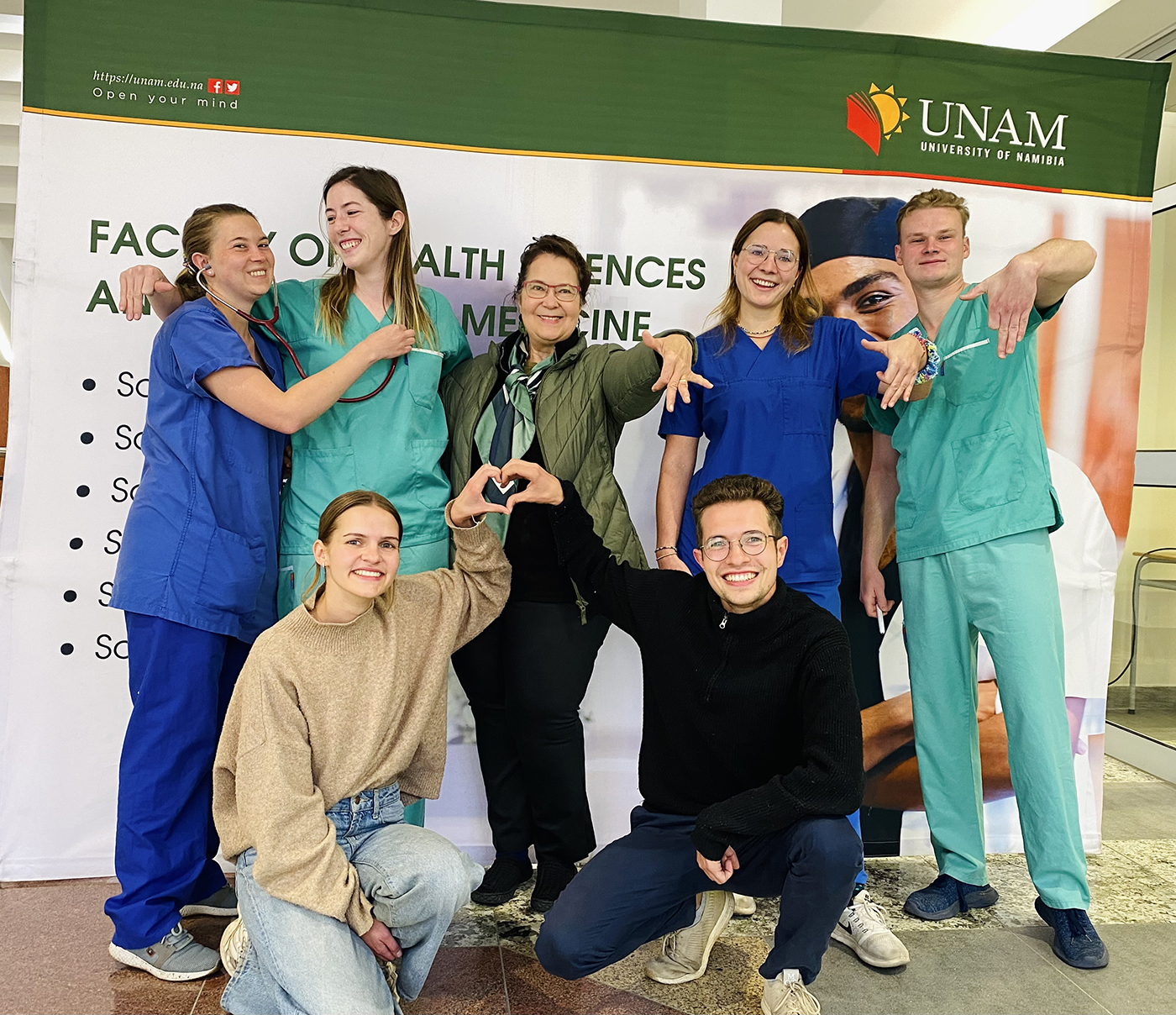
Elective students share their experiences
The elective students shared their experiences and insights, offering a glimpse into the unique opportunities provided by UNAM. One student David Jakobs from the University of Tübingen recounted how elective studies at UNAM were “a deliberate choice, driven by the desire to learn about a new healthcare system and immerse in a different culture”. Although elective studies abroad were not mandatory, the student emphasised the invaluable learning experience gained by stepping outside his comfort zone.
Another student highlighted the practical differences encountered at UNAM, particularly in the hospital settings of Katutura and Central Hospitals where they had their practicals. They noted the longer rounds and extensive bedside teaching, which contrasted with the more centralised and digital system in Germany.
“Here, we interacted with a diverse range of patients facing real-life health issues. This allowed us to learn about various medical conditions,” remarked Alicia Langer from Gießen University. This hands-on approach according to her provided a unique perspective on patient care and medical education.
The experience at UNAM also offered valuable lessons in working within a resource-limited healthcare system. Students learned to make critical decisions about tests and procedures. This varies with the abundant use of diagnostic tests in Germany, where resources are more readily available. These insights fostered a deeper understanding of prioritisation, and resource management in healthcare.
In Germany, routine blood tests and imaging are common, whereas in Namibia, medical resources are more carefully used. “You need a good indication to do tests here. It makes you think more critically about the patient’s condition and what is necessary,” explained Duisburg Essen University student, Michael Klein.
Embracing the full Namibian experience
Despite these challenges, the students have found their time at UNAM enriching and rewarding. The ability to adapt to different medical practices and cultural norms has broadened their perspectives.
The logistical differences, such as navigating Windhoek without public transportation and relying on taxis, also added to their adventure. “At home, none of us have cars but the bus system helps. Here, we had to learn quickly about using taxis. It’s a different way of life,” Michael explained.
For this 8-student cohort of elective students, the journey at UNAM has been nothing short of transformative. It has broadened their medical knowledge as they have absorbed themselves in the rich cultural landscape of Namibia by touring various parts of the country during most of their weekends.
The value of medical elective programmes
Elective programmes are integral to the medical curriculum at UNAM, providing students with the opportunity to probe deeper into their areas of interest. According to Dr. Yusuf Saad, who leads the elective programme at the School of Medicine, the elective programme is not confined to UNAM students alone.
“A lot of universities internationally realise, that, to give a different angle of exposure and encourage students to do it in a different environment,” Dr. Saad noted. This exchange is facilitated through international agreements, allowing students to spend part of their elective period in Namibia while Namibian students also benefit from studying abroad.
Dr. Saad emphasises the distinctive advantages of Namibia’s programme. “Namibia is very attractive when it comes to student exchange experiences. Here, students are exposed to a wide range of medical scenarios, from outpatient clinics to emergency medicine, providing a comprehensive clinical experience that is often not available until postgraduate levels in other countries,” concluded Dr. Saad.


